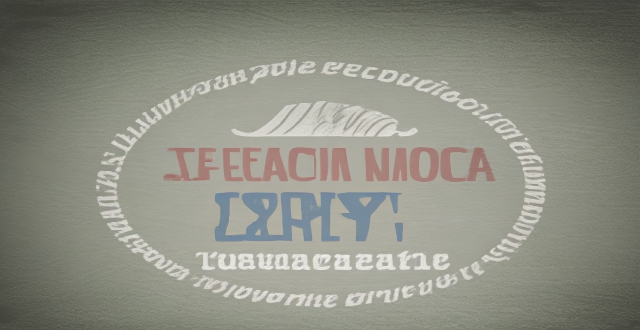Students with special education needs have specific legal rights under the law, including the right to a free and appropriate public education, individualized education programs, least restrictive environment, non-discriminatory assessment practices, and procedural safeguards. These rights are designed to ensure that students with special education needs receive an equitable and appropriate education that allows them to reach their full potential.

Legal Rights of Students with Special Education Needs
Students with special education needs have specific legal rights under the law. These rights aim to ensure that these students receive appropriate educational opportunities and support to help them achieve their full potential. Here are some of the key legal rights of students with special education needs:
1. Right to a Free and Appropriate Public Education (FAPE)
Students with special education needs have the right to a free and appropriate public education (FAPE). This means that schools must provide an education that meets the unique needs of each student, including any necessary accommodations or modifications.
Examples of FAPE:
* Accommodations such as extra time on tests or modified assignments
* Assistive technology devices like screen readers or speech recognition software
* Specialized instruction from trained professionals like occupational therapists or speech pathologists
2. Individualized Education Program (IEP)
Students with special education needs are entitled to an individualized education program (IEP). An IEP is a written plan developed by a team of educators, parents, and other professionals that outlines a student's educational goals, services, and supports needed to meet those goals.
Key components of an IEP:
* Statement of the student's current academic performance levels
* Measurable annual goals for improving the student's academic achievement
* Special education and related services required to help the student meet their goals
* A schedule for reviewing and updating the IEP regularly
3. Least Restrictive Environment (LRE)
Students with special education needs have the right to be educated in the least restrictive environment (LRE) possible. This means that they should be placed in a general education classroom setting unless their needs cannot be met there. If a more restrictive setting is necessary, it should be used only when absolutely necessary and for the shortest possible time.
Examples of LRE:
* Inclusion in general education classes with appropriate support
* Placement in specialized classrooms only if necessary and for the shortest possible duration
* Provision of supplementary aids and services to facilitate inclusion in general education settings
4. Non-Discriminatory Assessment and Evaluation Practices
Students with special education needs have the right to fair and non-discriminatory assessment and evaluation practices. This means that schools must use assessments that are valid, reliable, and culturally responsive to accurately measure a student's abilities and progress.
Key aspects of non-discriminatory assessment:
* Use of multiple assessment methods to gather data about a student's strengths and needs
* Consideration of a student's background, culture, and language when selecting assessment tools and interpreting results
* Provision of accommodations during testing to ensure fairness for students with disabilities
5. Procedural Safeguards
Students with special education needs have the right to procedural safeguards throughout the special education process. These safeguards include notice of meetings, access to educational records, and the opportunity to participate in decision-making processes.
Key procedural safeguards:
* Notice of IEP meetings and parent/guardian consent requirements
* Access to educational records and the opportunity to request changes or corrections
* The right to file complaints and due process procedures if disagreements arise between parents/guardians and schools over special education services
In conclusion, students with special education needs have several legal rights under the law, including the right to a free and appropriate public education, individualized education programs, least restrictive environment, non-discriminatory assessment practices, and procedural safeguards. These rights are designed to ensure that students with special education needs receive an equitable and appropriate education that allows them to reach their full potential.